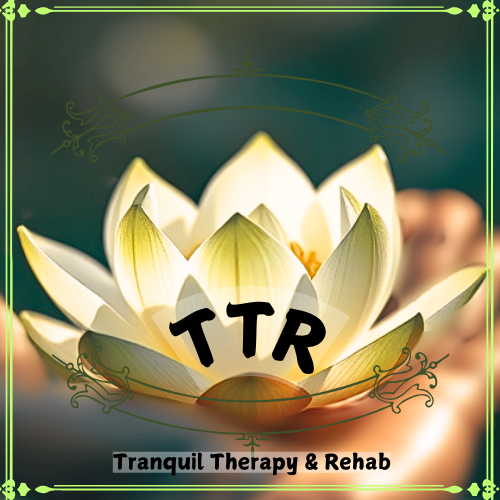
Understanding Depression: A Journey Toward Healing
Depression is more than just feeling sad or going through a rough patch. It’s a serious mental health condition that affects millions of people worldwide, influencing how they feel, think, and handle daily activities. While it can feel overwhelming, it’s important to remember that depression is treatable, and help is available.
What is Depression?
Depression, also known as major depressive disorder, is a medical condition characterized by persistent feelings of sadness, hopelessness, and a lack of interest or pleasure in activities once enjoyed. It can affect anyone, regardless of age, gender, or background, and its impact can extend to every aspect of life, including work, relationships, and physical health.
Common Symptoms of Depression
- Persistent Sadness: Feeling sad or “empty” for prolonged periods, often without a clear reason.
- Loss of Interest: A significant decrease in interest or pleasure in almost all activities, including hobbies and social interactions.
- Fatigue: Experiencing a lack of energy and feeling tired, even after adequate rest.
- Changes in Sleep Patterns: Insomnia or sleeping too much can be signs of depression.
- Appetite Changes: Significant weight loss or gain, or changes in appetite, without an obvious reason.
- Difficulty Concentrating: Trouble focusing, making decisions, or remembering things.
- Feelings of Worthlessness or Guilt: Harsh self-criticism and an overwhelming sense of guilt or worthlessness.
- Thoughts of Death or Suicide: Recurrent thoughts of death, suicidal ideation, or attempts.
Causes of Depression
Depression can be caused by a combination of genetic, biological, environmental, and psychological factors. These can include:
- Biological Differences: Changes in brain chemistry and function can contribute to depression.
- Genetics: A family history of depression may increase the risk.
- Personality: People with low self-esteem, who are easily overwhelmed by stress, or who are generally pessimistic appear to be more likely to experience depression.
- Environmental Factors: Continuous exposure to violence, neglect, abuse, or poverty may make some people more vulnerable to depression.
Steps Toward Healing
- Reach Out for Support: Talking to a friend, family member, or mental health professional is the first step toward getting help. You don’t have to go through this alone.
- Professional Treatment: Therapy, such as cognitive-behavioral therapy (CBT), and medications like antidepressants can be highly effective in managing depression.
- Lifestyle Changes: Regular exercise, a healthy diet, and adequate sleep can improve your mood and overall well-being.
- Mindfulness and Relaxation Techniques: Practices like meditation, deep breathing exercises, and yoga can help reduce symptoms of depression.
- Avoid Isolation: Staying connected with loved ones, even when it’s difficult, can provide essential support.
Breaking the Stigma
Depression is a medical condition, not a sign of weakness or something that can be “snapped out of.” Breaking the stigma surrounding mental health is crucial in encouraging those who are suffering to seek the help they need. By talking openly about depression, we can create a supportive environment where individuals feel empowered to ask for help.
You’re Not Alone
If you or someone you know is struggling with depression, know that help is available. Reaching out is the first step toward recovery. Remember, it’s okay to ask for help, and it’s possible to regain a sense of hope and joy in life.
